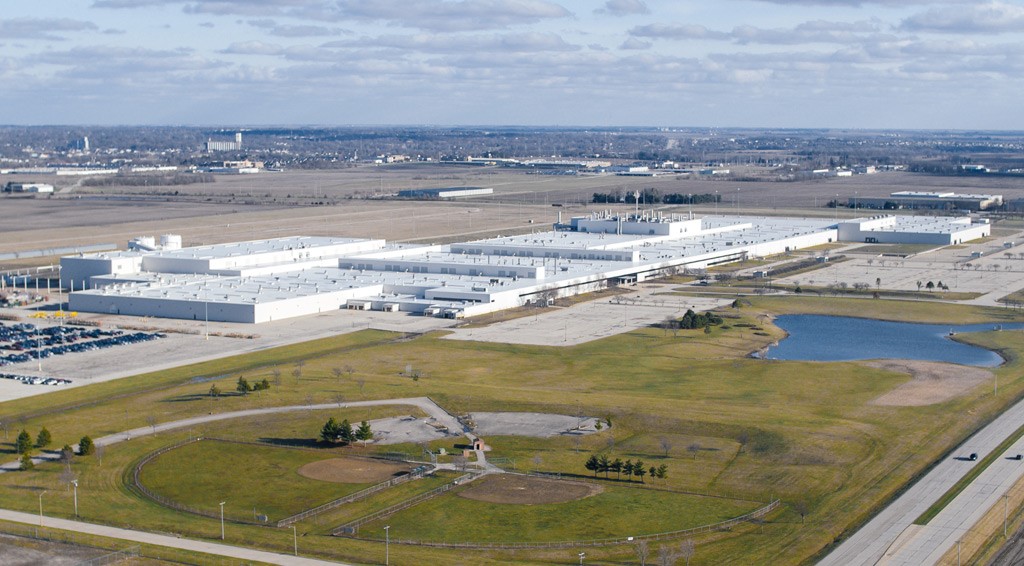The American BEV manufacturer Rivian Automotive (NASDAQ: RIVN) announced on November 25th that it has received a conditional commitment from the U.S. Department of Energy (DOE) under the Advanced Technology Vehicles Manufacturing (ATVM) loan program to secure a loan of up to $6.6 billion, which includes $6 billion in principal and approximately $600 million in capitalized interest.
However, the company stated that before the DOE can disburse the loan, Rivian must meet certain technical, legal, environmental, and financial conditions. This loan program has previously provided low-cost loans to other automakers, including Tesla, Ford, and General Motors.
If this funding is secured, it will be used for the construction of Rivian's second electric vehicle factory located near Stanton Springs North in Social Circle, Georgia, significantly expanding the company's production capacity in the United States. The Georgia plant's vehicle platform will be utilized to produce the more cost-effective mid-size SUV R2 and mid-size crossover R3/R3X.
Rivian's founder and CEO, RJ Scaringe, said, "This loan will enable Rivian to more aggressively expand our U.S. production capacity for the competitively priced R2 and R3 models, which emphasize functionality and affordability."
Rivian announced the construction plan for the Georgia factory as early as 2021, with the original plan to open in 2024. However, due to funding and other issues, Rivian later paused the construction plan for the factory.
The planned Georgia factory will be built in two phases, with a capacity of 200,000 vehicles each, totaling 400,000 vehicles, with the first phase project expected to come online in 2028. It is estimated that by 2030, the factory will create approximately 7,500 operational jobs, and in addition, the factory construction will provide about 2,000 full-time construction jobs.
Rivian hopes to secure this funding before any potential cancellation of related electric vehicle support policies that might occur after Trump takes office.
The stock price of this American electric SUV and pickup truck startup has fallen by about 50% this year. In addition to being affected by the slowdown in U.S. electric vehicle growth, the manufacturer also faces part shortages and pressure to cut costs.
The R2, planned to be launched in 2026, is seen as a key model for Rivian's success. Due to Rivian's suspension of the Georgia factory construction earlier this year, the company plans to first produce the R2 at its current Normal factory in Illinois. The Normal factory currently mainly produces its flagship models, the electric SUV R1S and electric pickup R1T, with a workforce of about 1,000 employees.
Rivian still faces a series of challenges, including insufficient production scale, intensifying competition, high capital costs, and Trump's plan to end tax credits for electric vehicle buyers.
In 2022, the electric vehicle manufacturer secured $1.5 billion in funding from state and local governments for the Georgia factory. In May of this year, the company stated it had received an $827 million incentive package from the state of Illinois to expand operations at its Normal factory.
Earlier this month, Rivian experienced its first quarterly revenue decline since going public three years ago, due to a severe shortage of parts used in its vehicle drive units.







